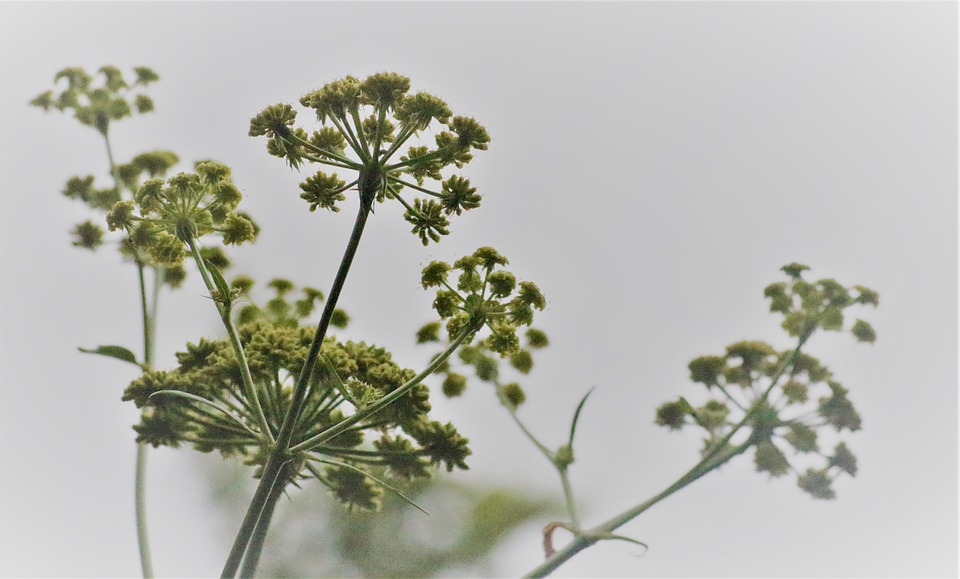Introduction:
Ajwain is a plant that produces small, seed-like fruits similar to caraway and cumin. It comes from a group of plants that includes celery, caraway, coriander, fennel, parsley, and parsnips. It goes by many other names, including carom seed, bishop’s weed, and ajowan caraway.
Ajwain is common in Indian food. It has a strong, bitter taste with an aroma similar to thyme. The “seeds,” which are actually fruits, are typically dry-roasted or ground and used in spice mixtures. They are also used in Ayurvedic and Siddha medicine to help treat numerous issues.
Health Benefits:
Ajwain seeds have a small amount of oil in them known as ajwain oil. The oil contains thymol, a phenol that gives the fruit its thyme-like smell. Thymol is commonly used to treat digestive problems. It also has antifungal and antibacterial properties.
Digestive Health
Active enzymes in ajwain improve the flow of stomach acids, which can help to relieve indigestion, bloating, and gas. The plant can also help to treat acidity and peptic ulcer disease as well as sores in the esophagus, stomach, and intestines.
Infection Prevention
Many of the essential oils in ajwain, most notably thymol and carvacrol, can help to fight the growth of bacteria and fungi. They may also help to fight bacteria like salmonella and E. coli, which can lead to food poisoning and other stomach issues.
Lower blood pressure
Research in rats indicates that thymol in ajwain might act to keep calcium from entering the blood vessels in your heart and thus helps to lower blood pressure.
Cough and Congestion Relief
Ajwain can provide relief from coughing as well as clear mucus from your nose, both of which make breathing easier. It may also help to widen the bronchial tubes, which can help those with asthma and COPD (Chronic Obstructive Pulmonary Disease).
Toothache Relief
Due to the anti-inflammatory properties of thymol and other essential oils, ajwain can help to reduce pain associated with toothaches. Thymol may also help to improve your oral health by fighting bacteria and fungi in the mouth.
Arthritis Pain Relief
Ajwain can also help to soothe pain and swelling. Crushed fruit can be made into a paste and applied to the skin at the joints to treat arthritis pain. Alternatively, one can fill a tub with warm water and add a handful of seeds for a soothing bath.
Cholesterol-lowering and heart-protective
Animal studies demonstrate the positive effects of carom seeds on heart health. In addition, large doses of carom seed powder and extract may lower increased cholesterol. Similarly, carom seeds can affect triglyceride (TG) levels. Both elevated cholesterol and TG levels are risk factors for heart disease.
Prevents kidney stones
Studies show the effectiveness of carom seed extracts on urinary stones. According to the findings of this study, carom seed extract treated kidney stones. Calcium oxalate, calcium oxalate/uric acid, and calcium-oxalate/hydroxyapatite stones were cured by 100%, 53%, and 31.25%, respectively.
Nutrients per Serving
A single serving (one teaspoon) of ajwain contains:
- Calories: 5
- Protein: less than 1 gram
- Fat: less than 1 gram
- Carbohydrates: 1 gram
- Fiber: 1 gram
- Sugar: 0 grams
It also contains:
- Potassium
- Calcium
- Iron
- Essential fatty acids
Conclusion:
Ajwain is a safe addition to most people’s diets, but it should be avoided by women who are pregnant or breastfeeding. Compounds in ajwain have been shown to potentially cause birth defects or miscarriage.
